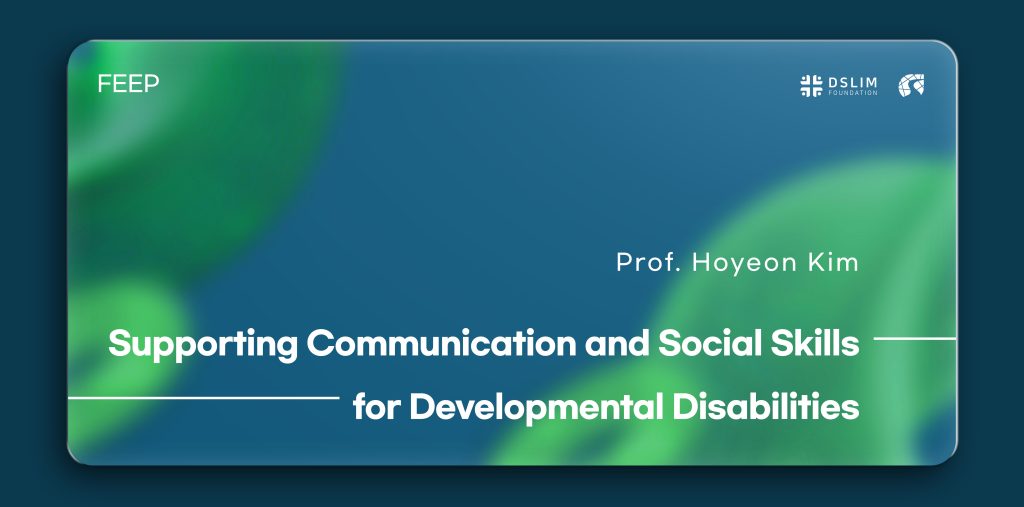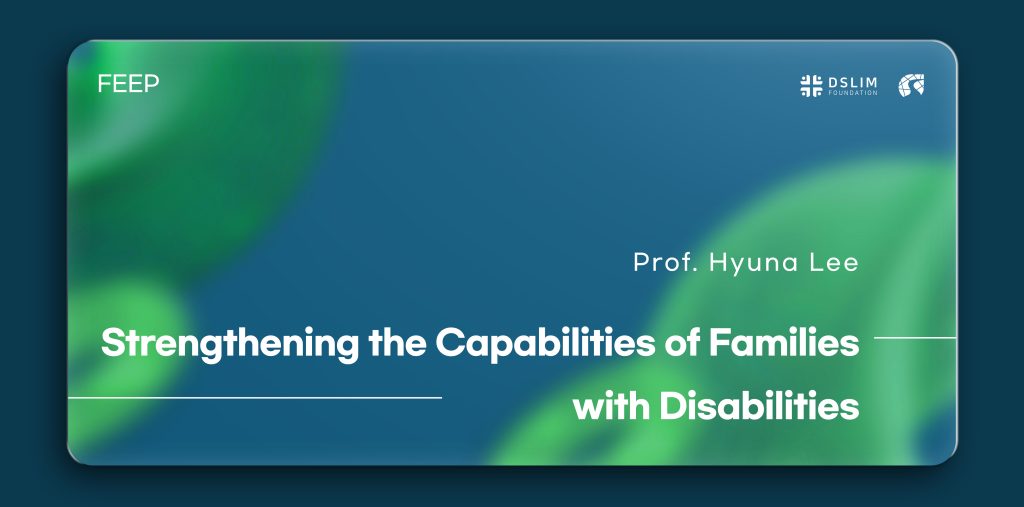Archimedes’ Eureka
Professor Jae-Hyun Jung
Solutions Emerge When Problems Are Set Aside
The Greek mathematician Archimedes, burdened with fulfilling a royal command, was so exhausted that he decided to take a break in a bath. Observing water spilling over the edge of the tub, he suddenly realized the principle of buoyancy, shouting “Eureka!” (εὑρίσκω) as he ran out of the bathhouse. This moment marked the birth of Archimedes’ Principle.
Often, when we obsess over solving a problem, we find ourselves deeper in a maze. The more we struggle to solve it, the more elusive the solution becomes. Why is that? It’s because problems and their solutions are not solely tied to their immediate relationship. When we fixate on a solution, the problem can seem as vast as the entire universe. However, the world is far larger and more expansive than any single problem. If we try to confine solutions to the scope of the problem itself, they may become temporary fixes or misguided judgments. In truth, there is a broader, greater world between problems and solutions. Thus, stepping away from a problem can widen our perspective, allowing us to notice clues that may lead to a solution.
Stepping away is crucial. Even acknowledging this can change how we approach problem-solving. At this point, ancient wisdom teaches us that solutions can sometimes emerge when we stop thinking about the problem altogether.
Roger von Oech, interpreting the ancient Greek philosopher Heraclitus’ insights on problem-solving as a “hammer,” elaborates:
“When asked when they get their best ideas, most people say it’s when they’ve completely set the problem aside.”
— Roger von Oech, Heraclitus’ Hammer*
Why Is This the Case?
Why does this happen? How can we let go of a problem amidst complexity? Simply put, it is life, not knowledge, that enables us to let go. While knowledge involves calculation and reasoning, life leads us into realms beyond calculation.
Problems, regardless of their nature, are not confined to what we already know. Instead, they arise within the vast and deep dimension of life itself. While the effort to learn more in the process of solving a problem is meaningful, our knowledge functions merely as tools or instruments in a laboratory. Although useful to a certain extent, they often narrow our focus solely on expanding what we already know to solve problems. This approach reduces life to mere knowledge, restricting the emergence of fresh ideas or even rendering them impossible.
Letting go of a problem means stepping away from shortsighted attempts to grasp or understand it and instead allowing the unknown—and its root, the yet-to-come—to have space and time to surface. Here, the “yet-to-come” refers to things that have not yet occurred and are therefore still unknown. This is why we need to wait. Life itself has this rhythm and pattern. In essence, when ideas seem to come to us only after completely letting go, it is not by chance but because life operates this way.
The Wisdom Hammered Out in Life
Life, in its many dimensions, often operates paradoxically. This is why modern thinker Voltaire said, “The unnecessary is absolutely necessary.” Letting go of a problem may seem unnecessary or even irresponsible when seeking solutions, but it creates opportunities for essential insights to emerge.
Similarly, the ancient philosopher Seneca noted, “Time gives us life, but it also takes it away.” Our lives unfold into the future through new moments, yet that same future turns into the past, taking the present with it. Time’s dual motion—progressing forward while receding—also applies to the dynamic between problems and solutions. This interplay allows for reverse thinking, naturally leading to creative insights. Sometimes, the best approach is not to think about the problem at all, aligning with the lessons of “Archimedes’ Eureka” and “Heraclitus’ Hammer.”
Goethe’s observation that “strong light casts deep shadows” conveys a similar idea. Instead of lamenting the shadows, we can recognize that their depth signifies the brightness of the light. Montaigne’s insight, “He who fears suffering is already suffering from fear,” takes it a step further: to fear suffering is to cling to it, and in doing so, suffering begins. Thus, we should also let go of fear.
John Stuart Mill’s adage, “The person who asks whether they are happy is not happy,” is especially profound. The harder we strive to grasp happiness, the more elusive and frustrating it becomes. Conversely, when we let go, happiness often arrives as a gift, illustrating life’s profound wisdom—a truth reaffirmed by the wisdom of the “hammer.”
Thank you.

“Just remember that you can test different video lengths until you find what works best –– the sweet spot. Pay attention to your video performance and adjust until you see success.”




